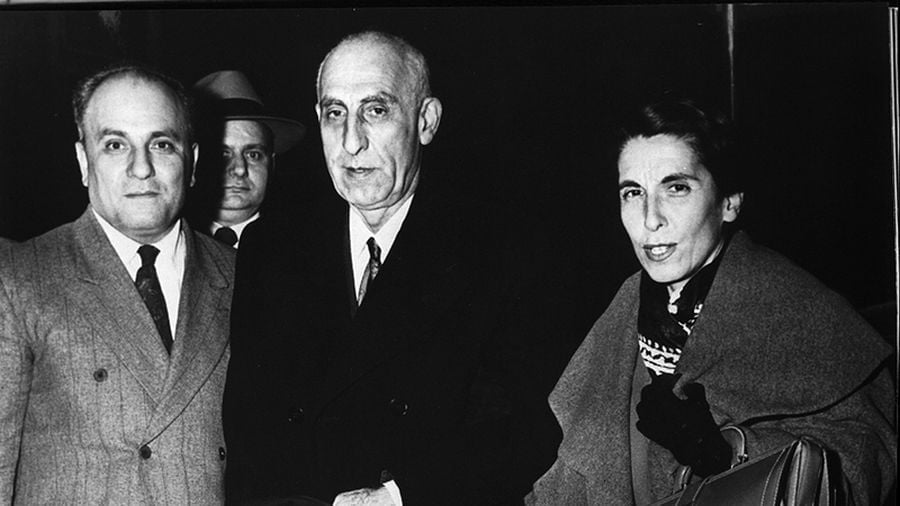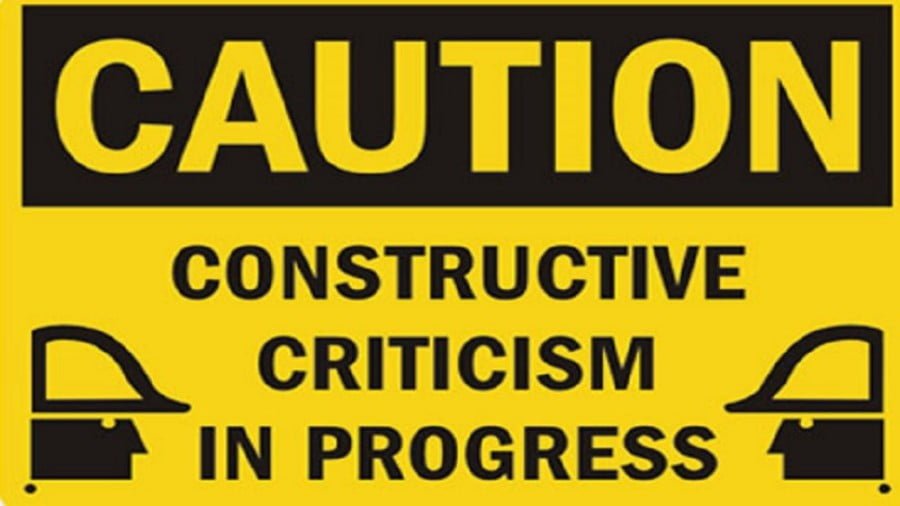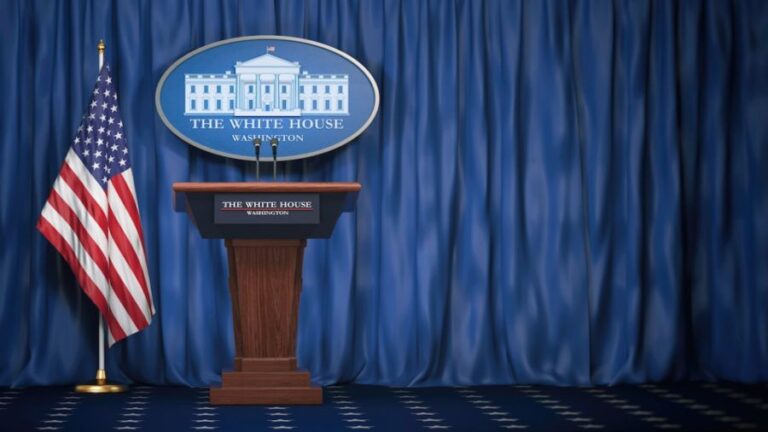Obtuseness on Iran
An op-ed in the Washington Post this week shows how obtuse some people can be when it comes to Iran. The article was written by a man named Barry Rosen, who is a former U.S. diplomat who was taken hostage in Iran during the Iranian revolution in 1979 and held in captivity for 444 days. Rosen recounts that during his captivity, he was “beaten, tortured, forced to endure mock executions, starved and used as a political pawn” and that “the experience left [him] with deep scars, but gave [him] a platform to advocate policies that put people over politics.”
Rosen says that Iran is still taking and holding hostages. Last month, he traveled to Vienna to deliver a message to U.S. diplomats who are negotiating a restoration of the Iran nuclear deal, which would presumably involve a lifting of the brutal economic sanctions that the U.S. has imposed on the Iranian people. His message is: Don’t enter into any deal until those hostages are released. He’s also gone on a hunger strike to emphasize his message.
As with other U.S. officials and many members of the U.S. mainstream press, Rosen’s history begins with the Iranian revolution. Based on his article, he apparently blocks out of his mind the events that took place prior to the revolution.
In 1953, the CIA engineered a coup in Iran that succeeded in destroying Iran’s experiment with democracy. In an operation that ended up killing hundreds of innocent people, the CIA’s coup ousted from power Iran’s democratically elected prime minister, a man named Mohammad Mossadegh, who was widely admired and respected in Iran as well as in other parts of the world. In fact, he had been named Time magazine’s “Man of the Year.”
What was the CIA’s justification for committing this act of aggression against another country, one that had never attacked the United States or even threatened to do so? The CIA said that Mossadegh was leaning toward communism and the Soviet Union. In the minds of CIA officials, that gave them the authority to oust him from power.
How did the CIA conclude that Mossadegh was leaning toward communism and the Soviet Union? Mossadegh had nationalized British oil interests in the country, much like President Franklin Roosevelt had nationalized people’s gold holdings in the United States in the 1930s. In the minds of CIA officials, that meant that Mossadegh was leaning toward communism and the Soviet Union. It’s probably worth mentioning that British oil companies had asked the CIA to help them get their oil wells and oil refineries back.
But the more important question is: So what if Mossadegh was leaning toward communism and the Soviet Union. Why didn’t he have the right to do that? What moral and legal authority did the CIA have to oust from power a foreign political leader who was leaning toward communism or the Soviet Union?
The fact is that the CIA had no such authority. Its coup against Mossadegh and its destruction of Iran’s democratic system were the epitome of evil, especially since they involved the deaths of hundreds of innocent people.
Adding insult to injury, the CIA then restored to power the Shah of Iran, who turned out to be one of the world’s cruelest and most brutal dictators. It’s didn’t help that the CIA helped turn his regime into one of the world’s most tyrannical. In fact, the CIA helped the Shah to establish his domestic police force, which was a combination Pentagon, CIA, NSA, FBI, Gestapo, and KGB and then helped the Shah to train it in the arts of dark-side practices and procedures that ensured a totally tyrannical regime.
Then, for the next 25 years, the U.S. government funneled large amounts of U.S. taxpayer money into the coffers of this dictatorial regime to ensure that it maintained its iron dictatorial control over the Iranian people.
By the time 1979 rolled around, the Iranian people had had enough of this brutal U.S.-supported tyranny. The only way to oust the Shah from power was through violence. That’s usually the nature of revolutions.
Any person who went to work for the U.S. government knew — or should have known — of this evil history on the part of the U.S. government. This is especially true for people who agreed to work in the U.S. embassy in Iran. After all, what did they expect — that the Iranian people, who had been suffering under this U.S.-installed brute for a quarter-century, would welcome them with open arms?
When a person goes to work for a regime that engages in evil, that person should know that there exists the distinct possibility that the people who are the victims of that evil are going to respond. We can talk all day long about how the Iranian revolutionaries had no right to take U.S. diplomats hostage but that doesn’t get to the practicality of the situation, which is that when a person goes to work for a regime that is engaged in evil against a foreign populace, he is knowingly taking a very dangerous risk, especially when he chooses to work within the country in which the evil is taking place.
Rather than working as a U.S. diplomat in Iran, Rosen could have (and should have) resigned his position as a federal bureaucrat and gone to work in the private sector. That would have been the moral thing to do rather than go to work in the diplomatic corps of a regime that had inflicted horror and brutality on the Iranian people.
Why did the Iranian people take those diplomats hostage? The Shah had come to the United States for medical treatment. The revolutionaries were convinced that U.S. officials, including those in the CIA, intended to squelch their revolution and restore the Shah or some other U.S. stooge to power. Their taking of hostages was intended to prevent that from happening.
Their actions were obviously not justified under international law or under basic moral principles, but there can be no reasonable doubt that that is precisely what U.S. officials would have done. For 25 years, they had controlled the Iranian populace through their brutal puppet, the Shah. They were not ready to surrender that control so easily to the Iranian revolutionaries.
In fact, U.S. officials have never lost the urge to continue that control. That’s what the brutal economic sanctions that U.S. officials continue to enforce against the Iranian people are all about. Their aim is to force the Iranian people, through death and impoverishment, to initiate another violent revolution, one that will put another pro-U.S. dictator back into power.
Unfortunately, the Iranian revolution was unable to restore the democratic system that the CIA succeeded in destroyed in 1953. They ended up with a theocratic dictatorship that is arguably as tyrannical as that of the Shah, if not worse. But that’s the fault of the CIA, not the Iranian people.
Barry Rosen should be calling on the U.S. government to lift its deadly and destructive sanctions against the Iranian people and to finally leave Iran alone. That’s the best way to secure the release of any hostages being held by Iran. It would go a long way toward restoring a semblance of morality to U.S. foreign policy. It would also enable Rosen to demonstrate his philosophy of putting “people over politics.”







